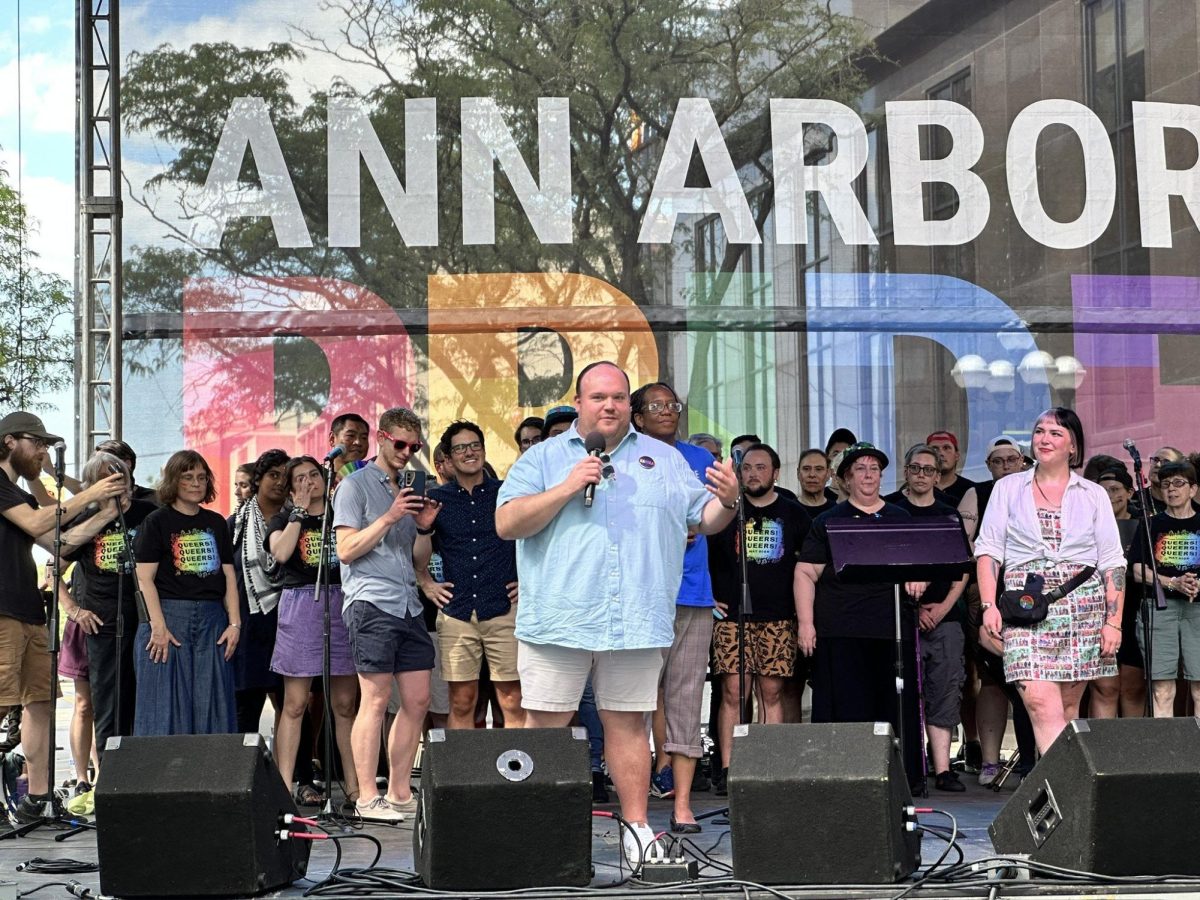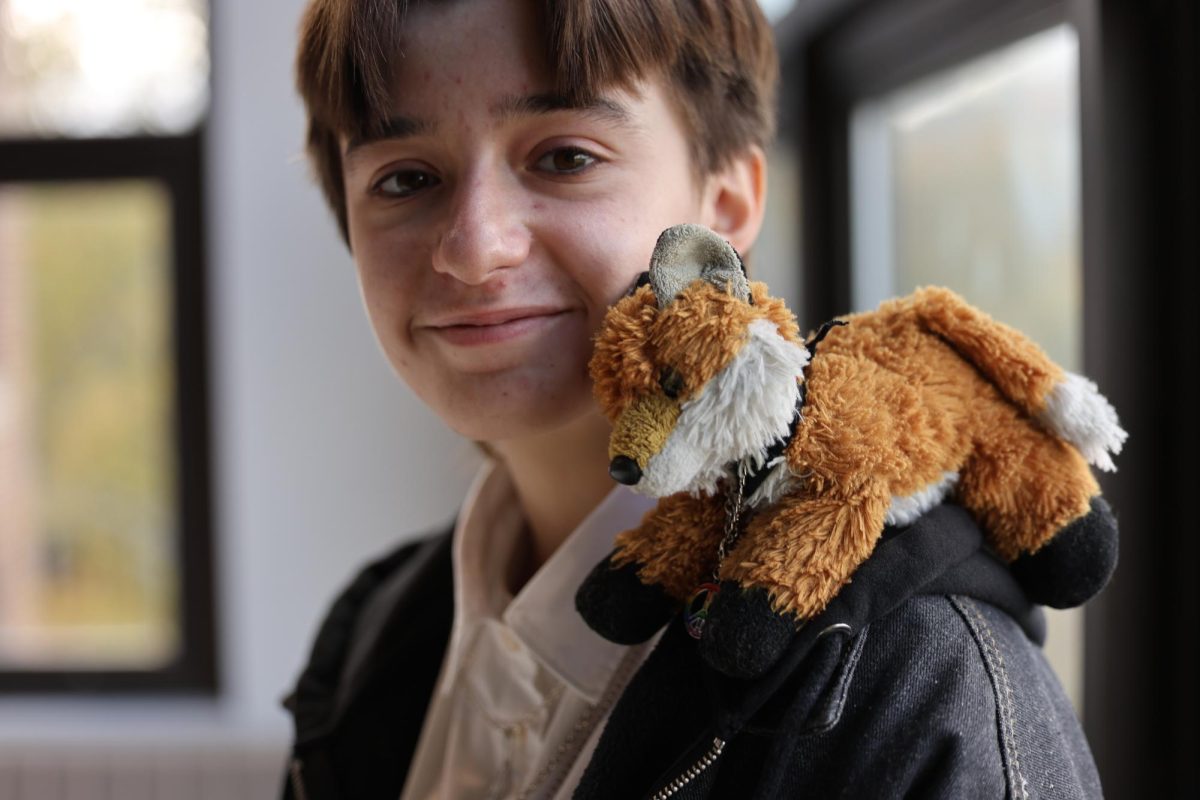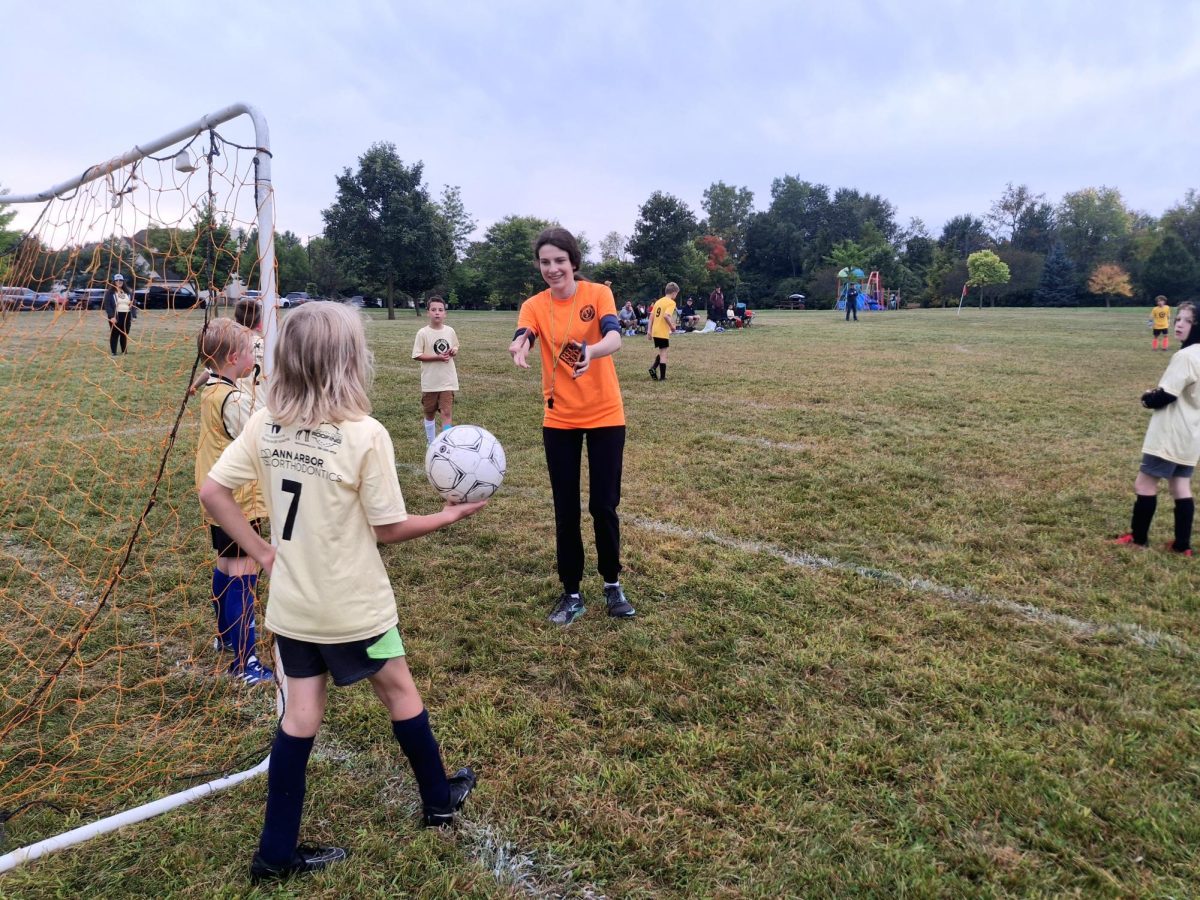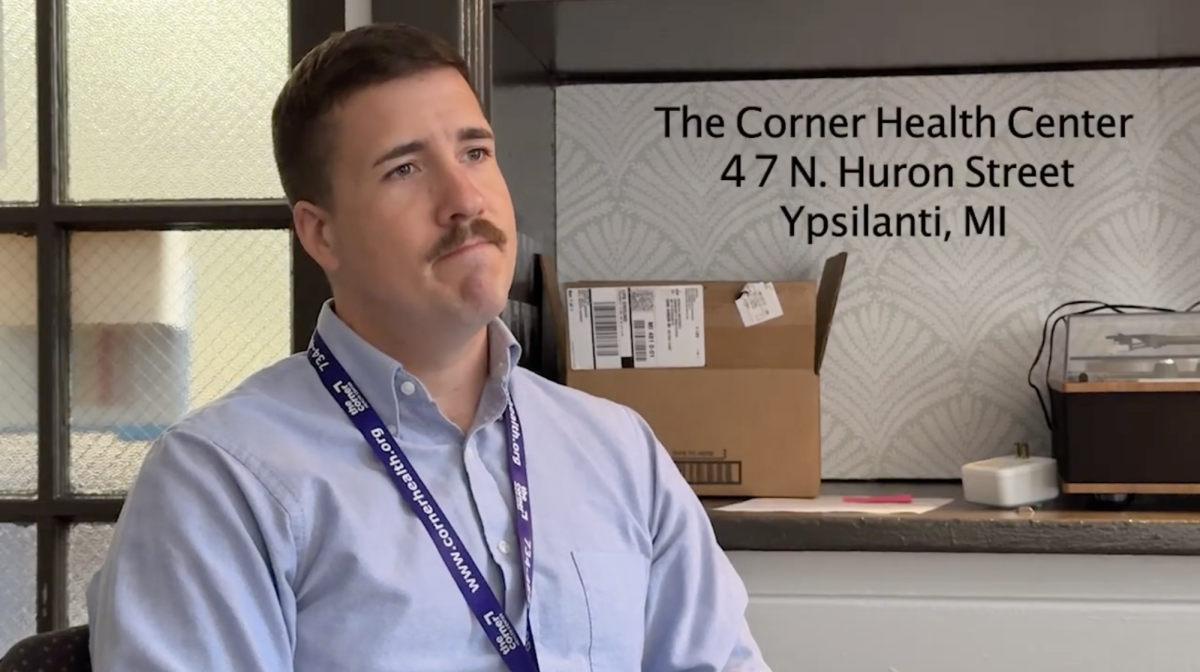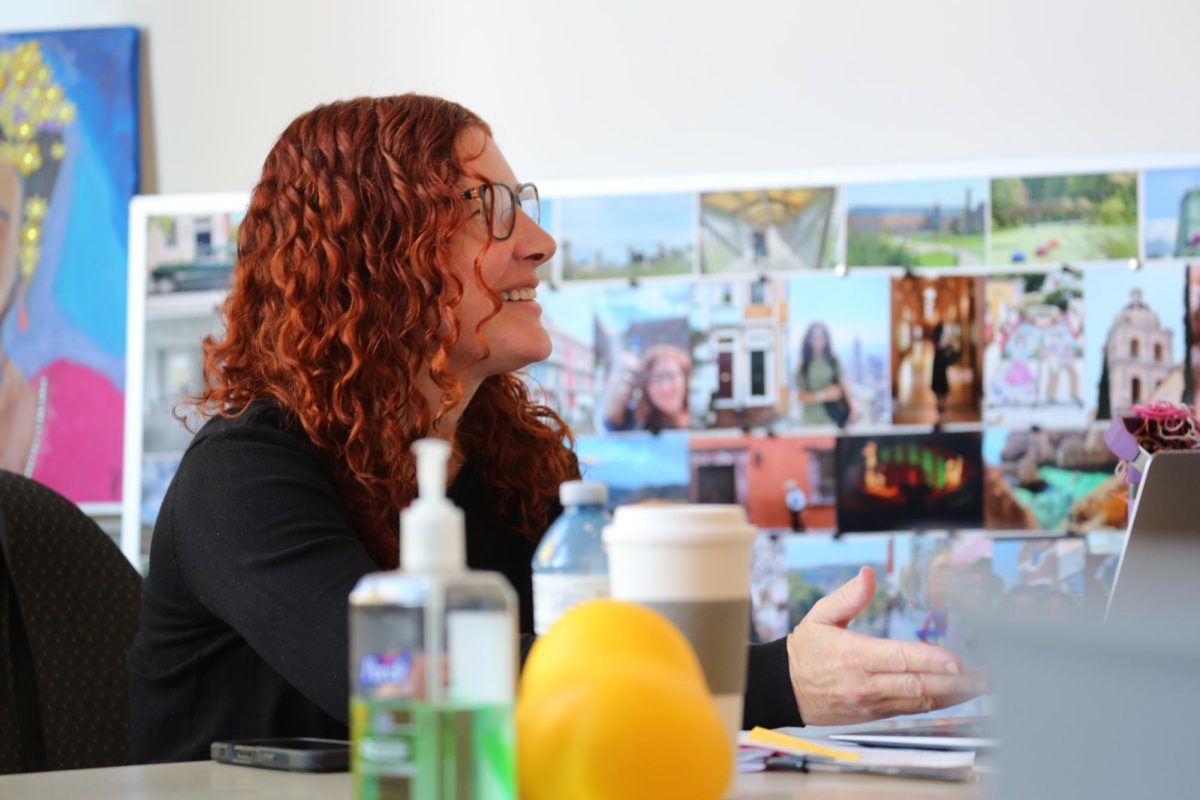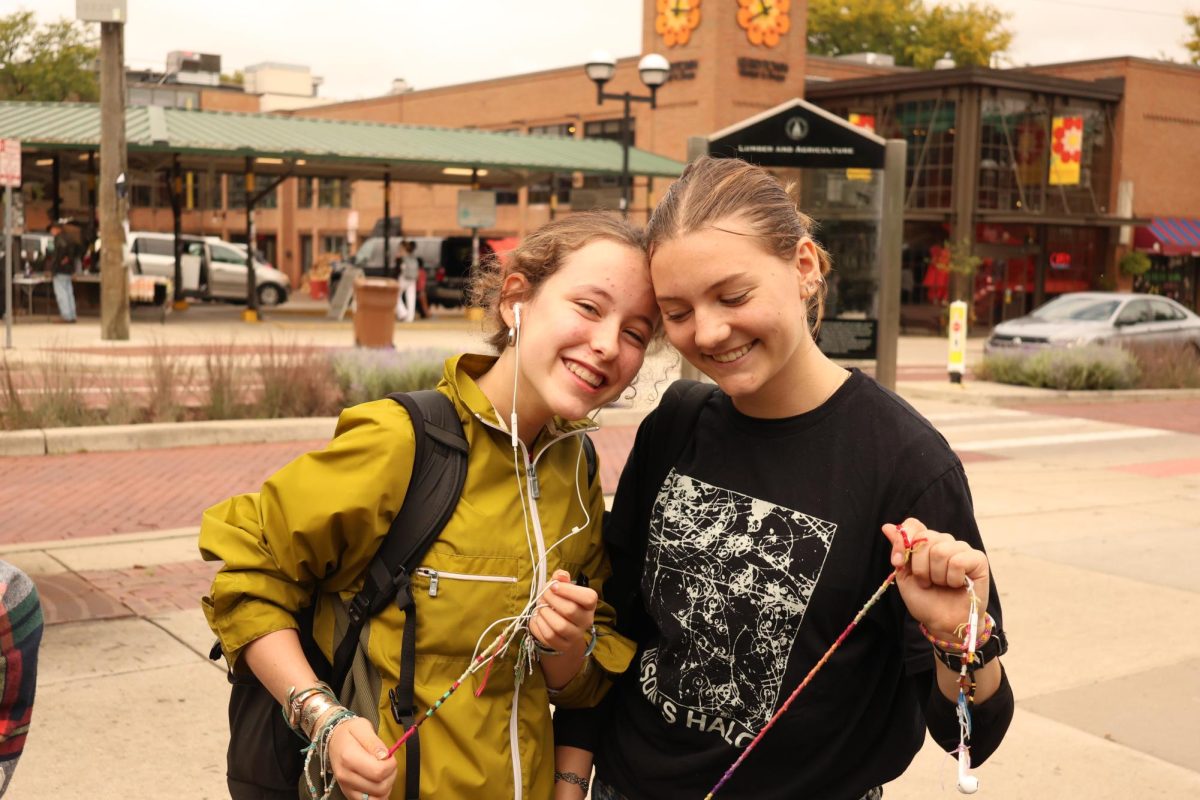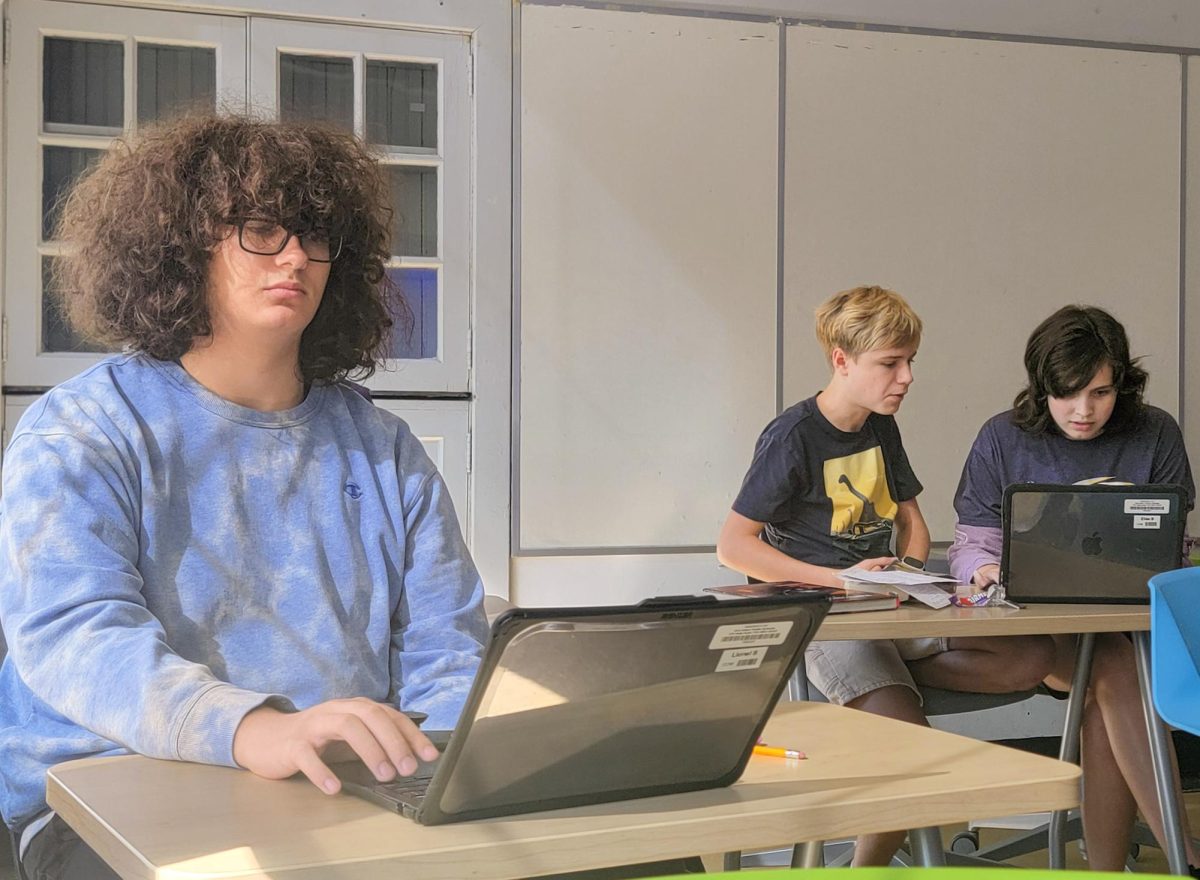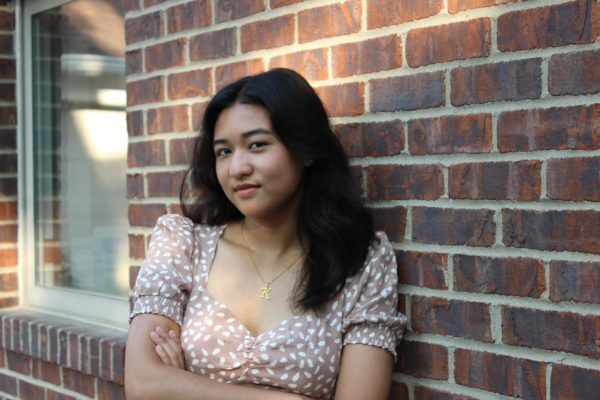Picture a town in Southeast Michigan called Frankenmuth. It’s small, primarily conservative and touristy. Historically, roughly three to five graduates from the local high school are sent to the University of Michigan (U of M) every year. However, in 2004, 16 seniors from that high school moved to Ann Arbor to study at U of M. One student in particular, Travis Radina, planned to pursue a degree in political science. He became interested in politics at 14 years old when he volunteered as a poll greeter for Mike Hanleys campaign for county clerk in Saginaw County. Little did Radina know, he would end up making headlines as the first openly gay mayor pro tempore in 20 years, a position authorizing him to assume mayoral duties in the absence of an official mayor.
After graduating from the University of Michigan in 2008, Radina worked in the state legislature for five years before working on a congressional race. After that, a state representative offered him a job in Lansing working for Kate Segal, who became the democratic floor leader of the State House. When Radina accepted a job at the U of M Alumni Association, he moved back to Ann Arbor and started getting more involved in the community. For four years, Radina served as the president of Jim Toy Community Center, an LGBTQIA+ resource center in Washtenaw County.
As a result, Ann Arbor Mayor Christopher Taylor asked Radina to serve as an LGBTQIA+ liaison, where he worked with both the mayor and the city council until 2020. This was the year that Councilman Zach Ackerman decided not to run again. Radina reached out to Ackerman to make sure that the next candidate was pro-equality, someone with whom Radina could work with as Jim Toy Center President and LGBTQIA+ liaison.
“If I have my way, we’ll have a great candidate, because I’d really like you to run,” Ackerman said.
Running for office was something Radina had thought about. He felt it could be a great opportunity to continue having an impact on the work he really cared about in the city.
“For me, it’s really about service,” Radina said. “I recognized that in my previous capacity, I had a lot of influence with the council on issues of LGBTQIA+ rights, civil rights and equality, but on all of the other things that were really important to me, like climate change and housing, I was just another voice. Having the opportunity to have a seat at the table and help shape some of that policy to improve our community has been really important, and that’s why I’m really excited about continuing to do it.”
Today, a moment just over two years ago when he unexpectedly made international news for calling out a colleague on the University Council for using homophobic and racist slurs still sits with Radina.
Having progressive, diverse voices at the table where decisions are being made is really important to making sure that we’re calling out that hate and stopping it from becoming policy, Radina said. “If somebody’s willing to say slurs, what are they willing to legislate? Those are the types of things that I think had a profound impact on what the outcomes at the council table.”
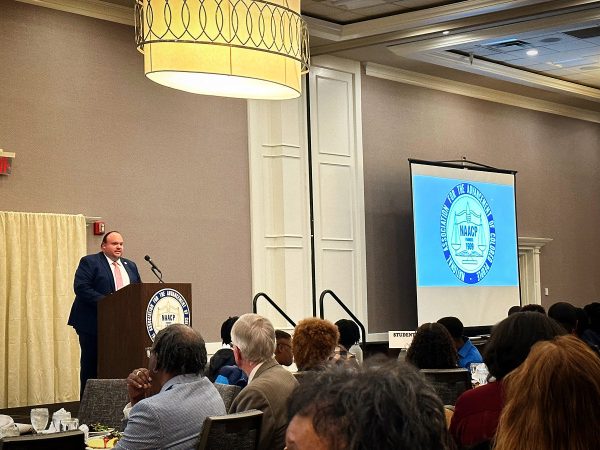
Travis Radina speaks to attending members of the Ann Arbor NAACP. He helped to enact the Crown Act, a local ordinance that prohibits discrimination based on hair texture and protective hairstyles. “Now I realize how impactful it is to people who never thought anybody was caring about something like that,” Radina said. “That feeling really stuck with me.”
For aspiring activists who identify as LGBTQIA+, Radina doesn’t deny that the experience will be tough. There are days where it can be nasty, negative and cynical, but in Radina’s experience, building a strong network of people around you—people you would rely on to pick you back up in your worst moments—can remind you of why you’re doing this all in the first place.
“You can have tough days,” Radina said.” I’m not gonna lie about that. But I am given so much hope by looking at folks who are younger than I am now, as they’re getting engaged and not backing down from some of these fights, voting in numbers that young people haven’t really voted for in decades and showing up and making a difference. So if you don’t think you can do it, yes, you can.”
Something that Radina noticed about the election cycle this year is how local politics are trickling up. For example, Ann Arbor’s City Council passed a resolution supporting a ceasefire in Gaza. Radina and his colleagues have discussed related issues at the council table, pushing back on local rises in antisemitism while also trying to make sure that Middle Eastern and Muslim citizens feel safe and welcome despite rising division.
“Benjamin Netanyahu is not waiting to hear what the Ann Arbor City Council thinks,” Radina said. “But what we can do is continue to have an impact by making our local community members feel safe and welcome in their community.”
Radina is aware of how international issues impact us locally, particularly in a diverse community like Ann Arbor with constituents from such a broad array of backgrounds. He tries to do the best that he can at the local level to make sure that people are safe and to make clear that Ann Arbor is their home too.
Radina asserts that we all have a stake in this election, even if our issues are local. Hearing both Kamala Harris and Gretchen Whitmer talk about the housing crisis on national and state stages, respectively, was extremely validating for Radina, as lack of affordable housing is an issue that has remained throughout his entire run on the council.
“I came back to council after witnessing the State of the State address and said, ‘Governor Whitmer says, “Build, baby, build,”‘” Radina said. “”So let’s get to work.””
Radina encourages young adults to participate in their democracy. He finds the fact that we already have a Generation Z member of Congress amazing, and believes that this couldn’t have happened if people didn’t step up and build coalitions and support one another. For those who want to get involved but don’t know how, he recommends volunteering in a campaign.
“Those issues are your local issues,” he said. “To hear a presidential candidate talk about it, and the meaningfulness of having an ally in the White House to cities like ours and helping us achieve some of those things that aren’t just issues of zoning, but are issues of affordability, are issues of whether or not our community continues to be diverse, or if people have to flee to find housing elsewhere. Those are critical local issues and so they’re absolutely connected to one another.”
People can walk into the common law office on South State St. or email their city council members and simply ask how to get involved. There are youth spots available on boards and commissions, and many city council members are almost always looking for volunteers. Some of Radina’s colleagues have student interns who help research policy, and some need volunteers who want to knock on doors and get involved in ballot campaigns in state representative races or city council races.
“Everything that I’ve done throughout my political career was built upon building a network and getting to know people and building that trust and that reputation for myself so that when the next opportunity arose they thought about me,” Radina said. “That’s why you just gotta knock on that first door.”
While the prospect of going door-to-door and talking to people seems intimidating, Radina doesn’t shy away from campaigning in person and considers meeting people to be his favorite part of political involvement. When he ran for council in 2020, Radina announced his campaign in February. A month later, just after he had gotten enough signatures to qualify for the ballot, everything was shut down because of the pandemic. For the first leg of quarantine, Radina was miserable, making phone calls and trying to connect to voters. He dealt with the difficulty not being able to see the person’s face and even not some not picking up the phone.
“I know that most people are busy,” Radina said. “They have lives. They’re working, they’re raising their kids. Spending time talking to a candidate for city council is not high on their priority list.”
For Radina, being able to see whether or not people are engaged in the conversation and being able to connect on the issues that matter to them is crucial. Face-to-face, it’s a lot easier for people to build enough trust to share that with you, and it’s not something you can always do through the phone. You can do it on somebody’s doorstep when you’re talking to them, engage with them and clearly show interest in what they’re talking about.
Learning what struggles people face on a daily basis shapes what Radina plans to do. He finds motivation in being able to represent the people in his district and push an agenda that is important to them and makes their lives better.
“It’s all about people,” Radina said. “If I didn’t think that I was helping to make people’s lives better, I wouldn’t keep running.”



